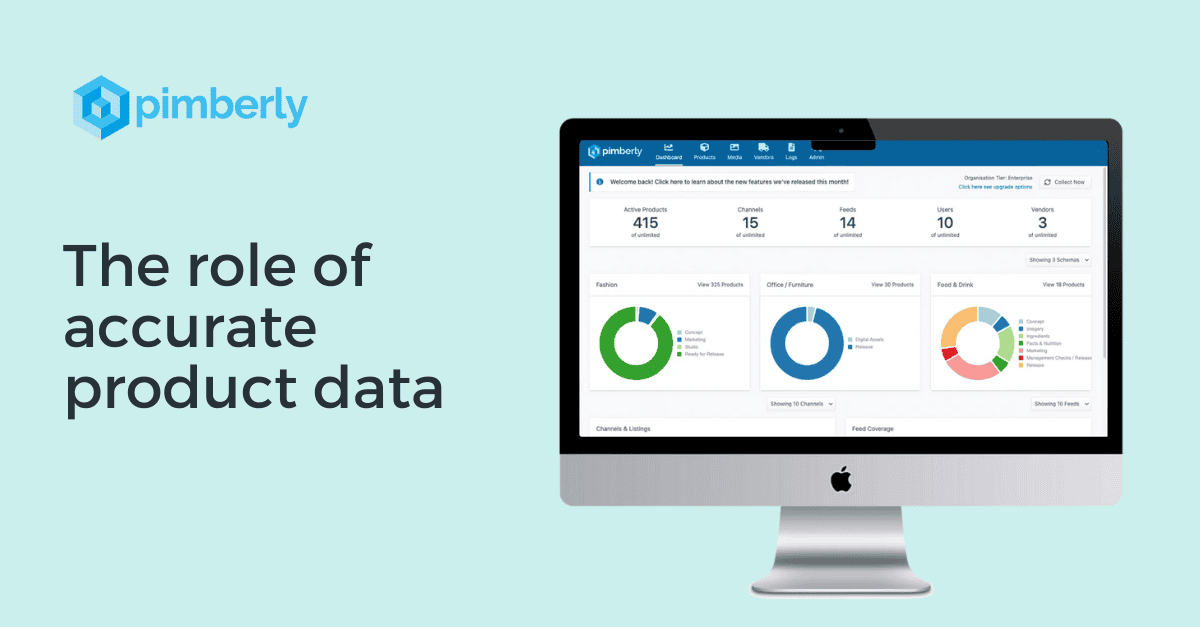
The top retail & omnichannel trends for 2024
It’s been a challenging year for retail and omnichannel commerce. As we venture into 2024, the dynamics of the retail industry are still undergoing significant shifts, and it will be crucial to navigate these changes with precision and foresight.
Join us as we explore the 4 key trends that will define the omnichannel retail landscape in 2024. Stay ahead, stay informed and stay competitive with OneStock.
In 2024, efficient omnichannel fulfilment will be a must
Omnichannel fulfilment refers to the ability of retailers to fulfil orders from any channel, including online, mobile and in-store. There are several reasons why omnichannel fulfilment will be a key focus for retailers in 2024:
- Customer expectations are rising: Customers expect to be able to shop and purchase products from anywhere, and they want their orders to be fulfilled quickly and conveniently. Omnichannel fulfilment allows retailers to meet these expectations by providing customers with a variety of delivery options, including same-day delivery and buy online, pick up in store (BOPIS, or Click & Collect).
- The growth of e-commerce: E-commerce sales are still growing rapidly and retailers need to be able to fulfil e-commerce orders quickly and efficiently to compete in an increasingly saturated market. Omnichannel fulfilment allows retailers to do this by using an Order Management System that tracks inventory across all channels. This allows organisations to see where their stock is located and to ship orders from the most convenient location.
- The convergence of physical and digital retail: The physical and digital retail worlds are becoming increasingly connected. This means that retailers need to be able to provide a seamless and consistent shopping experience across all channels. Omnichannel fulfilment allows retailers to do this by making it easy for customers to start a purchase on one channel and finish it on another.
In 2024, sustainability will continue to be a growing concern
The number of consumers making purchase decisions based on ethical, social and environmental factors continues to rise. Sustainable initiatives will become increasingly important in the retail industry in 2024. Here’s why:
- Consumers are becoming more aware of the environmental and social impact of their purchases, and they are increasingly looking to buy products and services from companies that are aligned with their values.
- Consumers are demanding more transparency from brands and want to know where their products come from, how they are made and what impact they have on people and the planet. Brands that are transparent about their supply chains and manufacturing practices are more likely to appeal to conscious consumers.
- Consumers are more willing to buy refurbished and second-hand products. They’re also more likely to shop with retailers that offer collections of pre-loved products as it shows they are taking action to support environmental protection.
This trend is already having a significant impact on the retail industry and it is expected to continue in 2024 and beyond. Retailers that can successfully cater to the needs of conscious consumers will be well-positioned to succeed in the future.
Here are some examples of how retailers are responding to the rise of the conscious consumer:
- Offering products made from natural or recycled materials, or that are produced using sustainable methods
- Partnering with sustainable suppliers to ensure that the products they sell are produced in a responsible way
- Being transparent about their supply chains and manufacturing practices so that consumers can make informed purchase decisions
- Supporting social and environmental causes by donating to charities
- Launching their own social responsibility initiatives
In 2024, retailers will increasingly rely on data to make decisions
Data-driven decision-making will be increasingly important in omnichannel retail in 2024 and beyond. This trend is being driven by the growing availability of data from a variety of sources, including online sales, in-store transactions and customer interactions.
Retailers can use data and analytics to gain a deeper understanding of their customers, their products and their operations. This information can then be used to improve the customer experience, optimise inventory and fulfilment, and make better business decisions.
Here are some specific examples of how retailers can use data and analytics to improve their omnichannel operations:
- Retailers can use data and analytics to improve their omnichannel fulfilment capabilities. This includes things like optimising inventory allocation, predicting demand and routing orders to the closest fulfilment location.
- Retailers can refer to business intelligence to gain insights into their business operations. This information can then be used to make better strategic decisions.
In 2024, AI will be embraced across all business functions
Artificial intelligence (AI) is rapidly transforming the retail industry, and omnichannel retailers are at the forefront of this transformation. AI is being used to optimise and automate operations, leading to better outcomes for businesses, employees and customers.
Here are some specific examples of how omnichannel retailers are using AI:
- Demand forecasting: AI can accurately forecast demand for products, which can help retailers to optimise their inventory levels and avoid stockouts.
- Omnichannel fulfilment: AI optimises inventory allocation, order routing and fulfilment processes, helping retailers improve sales, stock turnover, delivery times and the cost of fulfilment.
- Customer service: AI provides customer service through chatbots and virtual assistants to reduce costs and improve customer satisfaction.
- Fraud detection: AI can also be used to detect and prevent fraud. This can help retailers protect their businesses and their customers.
AI is also assisting the development of new and innovative omnichannel retail solutions. For example, AI is being used to develop augmented reality (AR) and virtual reality (VR) shopping experiences, which can help retailers create more immersive and engaging shopping experiences for their customers.




